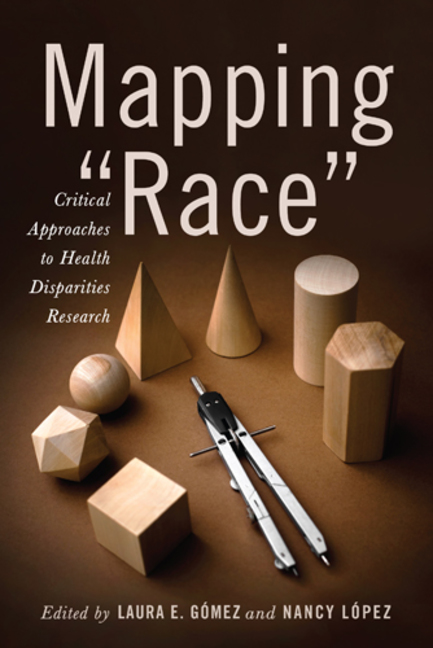Genetics: No evidence of role in racial mortality gapPosted in Articles, Health/Medicine/Genetics, Media Archive on 2015-03-20 00:48Z by Steven |
Genetics: No evidence of role in racial mortality gap
Science Daily: Your source for the latest research news
2015-03-16
There is still no evidence of genetic difference between blacks and whites to account for the health disparities in cardiovascular disease (CVD), according to a new study by McGill University researchers. Published in the American Journal of Epidemiology, the researchers suggest that after a decade of genetic studies, factors such as lifestyle, education and socio-economics — not genetics — are more promising avenues to understanding racial health disparities.
The researchers focused on cardiovascular disease, the largest contributor to the racial mortality gap, and conducted a systematic review for articles published over a seven year period in which genetic data from African and European populations were available. The team found no explanation for racial disease disparities amongst any of the hundreds of genetic variants reported.
“After nearly a decade of genome-wide association studies (GWAS), no assessment had yet been made of their contribution toward an explanation of the most prominent racial health disparities observed at the population level,” says Jay Kaufman, of the Department of Epidemiology, Biostatistics & Occupational Health in the Faculty of Medicine…
Read the entire article here.

